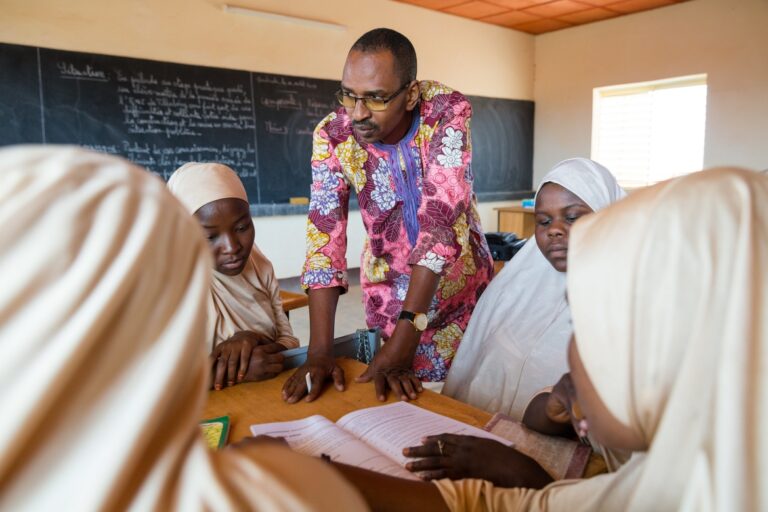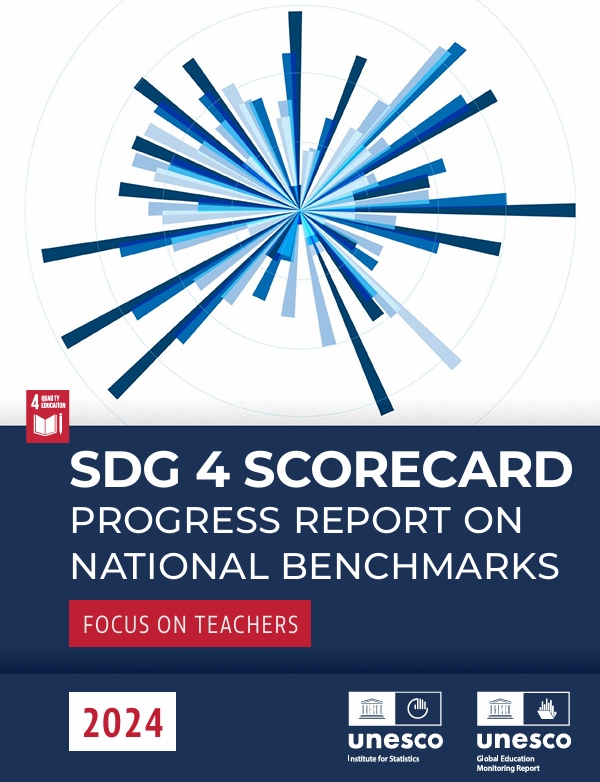Overview
To improve teaching and learning outcomes, teachers and head teachers require comprehensive support to build professionalism and enhance their practice. The middle tier of education systems, consisting of professionals who work between the school and central level, plays a crucial role. These professionals have unique capacities to facilitate collaboration, broker knowledge, scale innovations, and provide instructional direction to school-level practitioners.
This research, conducted as a collaborative partnership between IIEP-UNESCO and Education Development Trust (EDT), explores how middle-tier instructional leaders can become pivotal in improving the quality of education. The focus is on highlighting promising global practices and drawing insights for both policy-makers and practitioners.
IIEP and EDT conducted case studies in five jurisdictions—Delhi (India), Jordan, Rwanda, Shanghai (China), and Wales—where new roles have been created or existing roles reoriented towards coaching and support. The studies examined the professional practices and perceived impacts of instructional leaders, as well as the enabling factors within their systems.
This brief is the second installment in a three-part series focusing on the professional practices of instructional leaders at the middle tier and their role in driving change in teaching and learning. The other briefs introduce the middle tier and explore strategies for making middle-tier roles effective.
Read more Full text
Connect with us :






